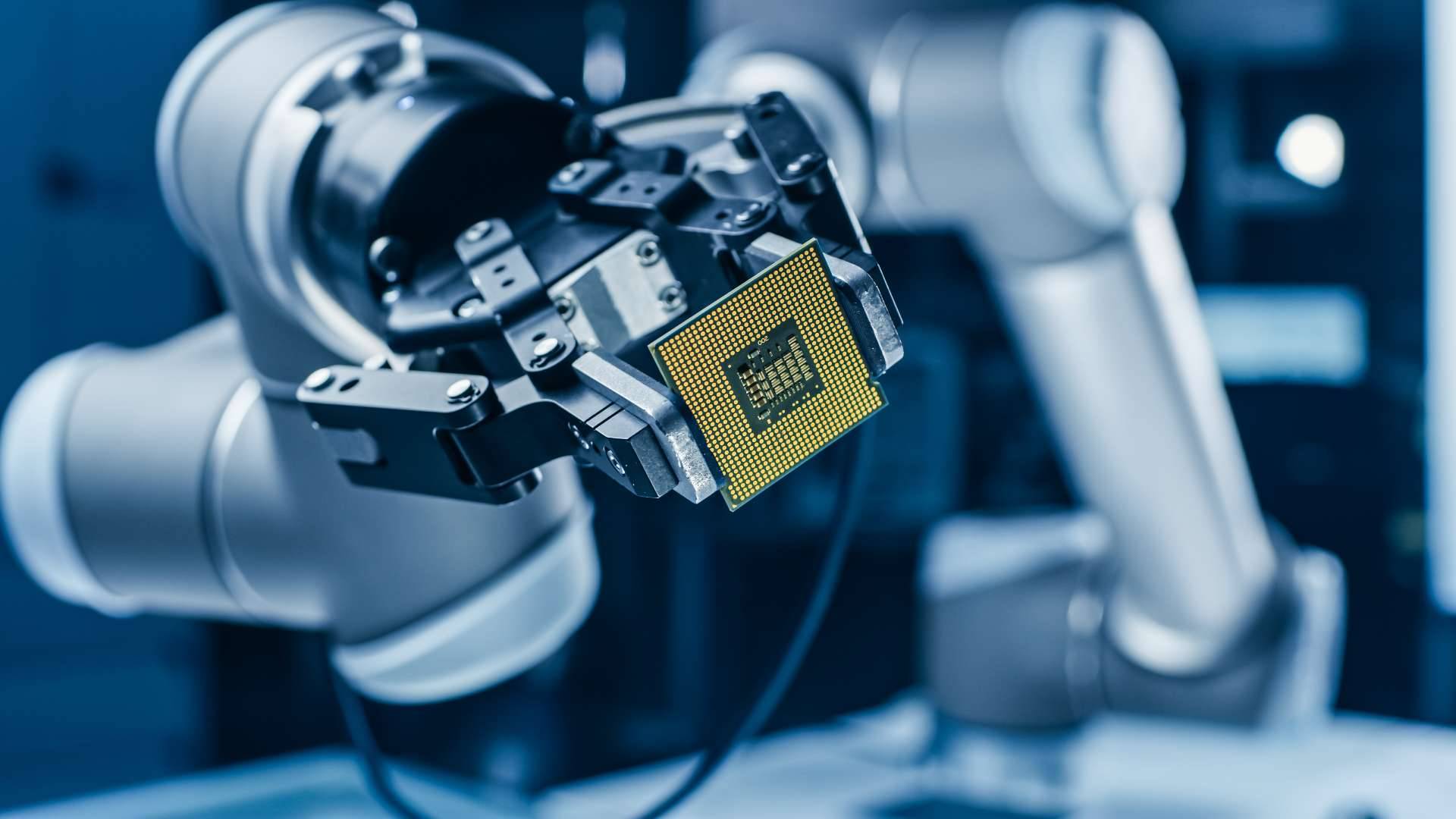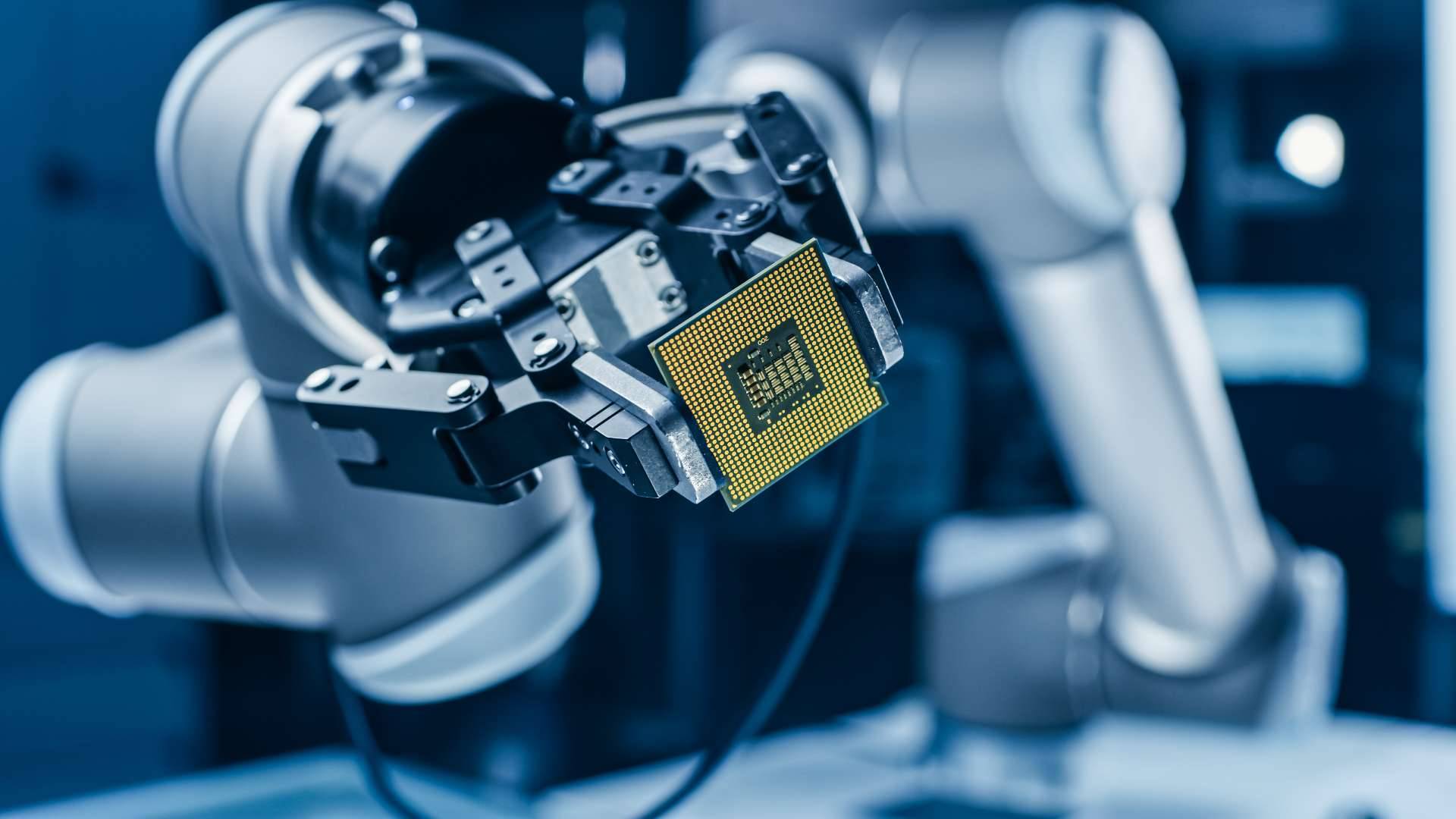
Microchip is A New Oil in The Digital World
ARTICLES | Oct 22, 2021

Microchips are the brain and heart of today's technology.
They are embedded in digital TVs, mobile phones, computers, refrigerators, and cars for them to work efficiently.
Demand for chips has been rising for many decades. Increased purchasing power and expanded production of technology and electronics is now squeezing supply.
The issues stems from work-from-home policies, which cut demand for cars. Automotive manufacturers ordered fewer microchips, so chip makers found new markets in products we use to work or study at home. Now that car sales are starting to pick up again, microchip orders are soaring and supply is short.
Nissan has cut production by 500,000 vehicles. General Motors has temporarily halted production of pickup trucks. Apple has delayed sales of mobile phones and tablets. But only a handful of places in the world can make microchips so the shortage is likely to last until next year.
Implications for the future:
- Microchip manufacturing is still concentrated in only a few countries so the price of chips could skyrocket, eventually making electronics cost more.
- Daily life depends more and more on electronics in the digital era. Microchips may be like oil, which gives some countries great global clout.
- Many industries are now seeking alternatives to microchips.
Reference: https://spectrum.ieee.org/chip-shortage, https://www.popsci.com/technology/global-chip-shortage/, https://gcn.com/.../2021/06/08/covid-microchip-shortage.aspx, https://techmonitor.ai/.../chip-shortage-tsmc-samsung-us...











